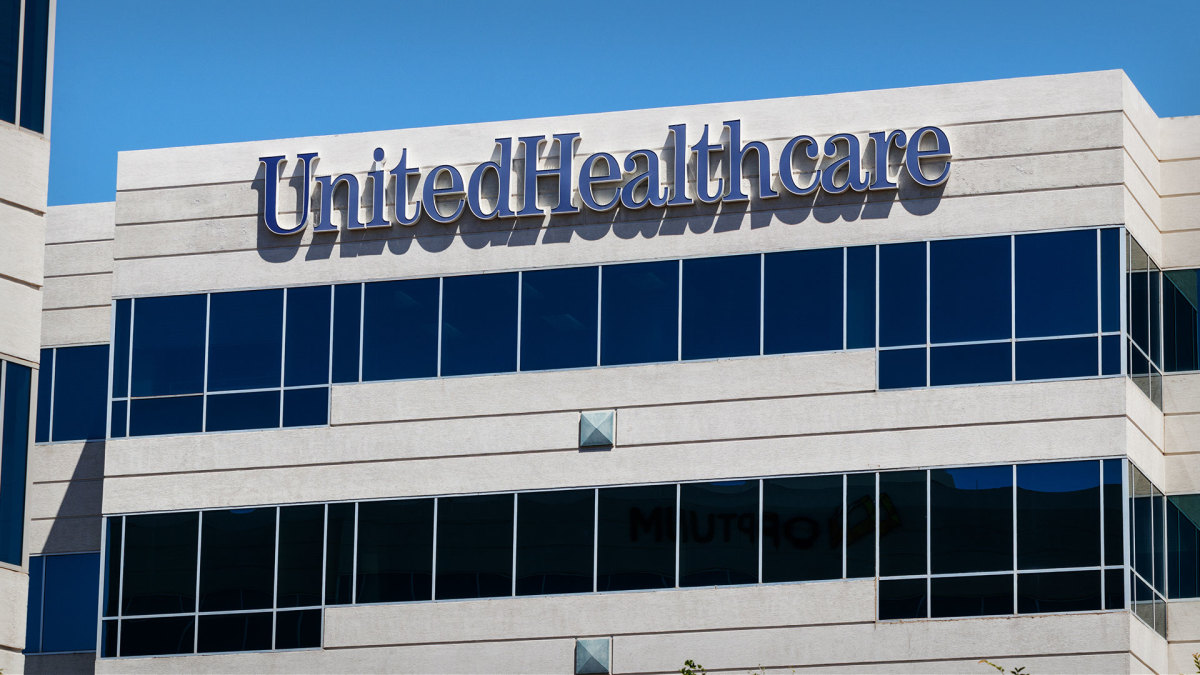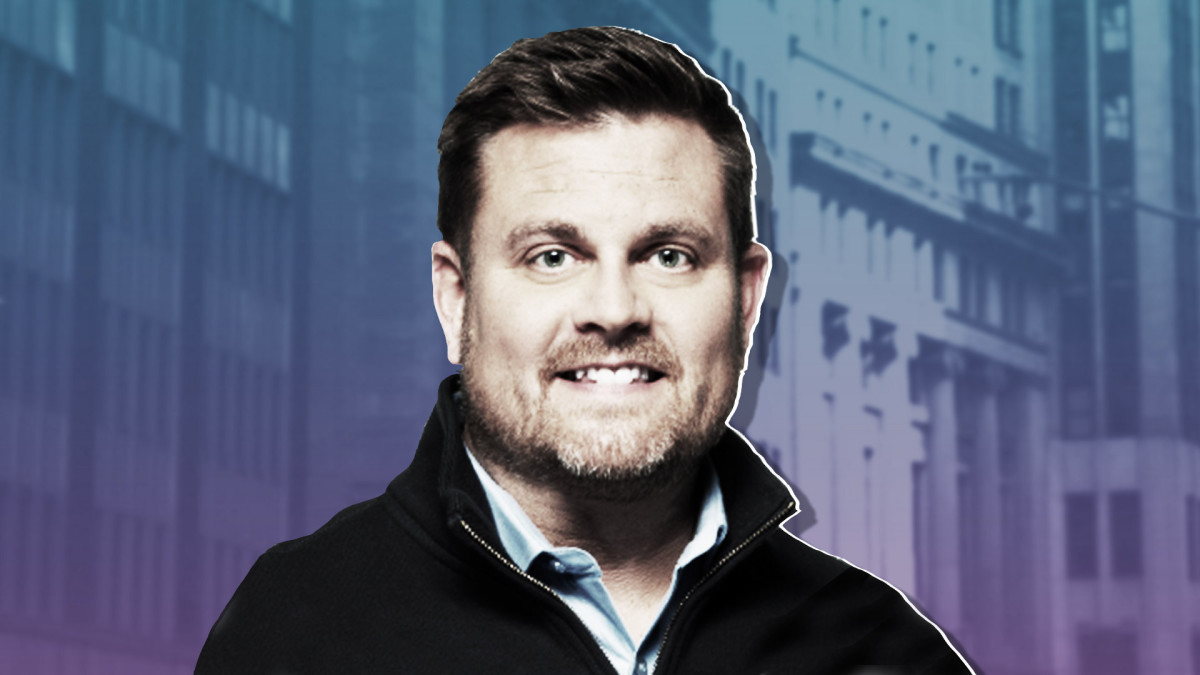
UnitedHealth Group posted stronger-than-expected fourth quarter earnings Thursday, but a modest miss on revenues and a reiteration of its full-year profit forecasts sent shares lower in early trading.
UnitedHealth (UNH) said said adjusted earnings for the three months ended in December came in at $6.81 a share, up 10.6% from the year-earlier period and 9 cents ahead of the Wall Street consensus forecast.
💰💸 Don't miss the move: Subscribe to TheStreet's free daily newsletter💰💸
Group revenues rose 6.4% to $100.8 billion, just inside analysts' estimates of a $101.76 billion tally. Optum revenues rose 9.4% from a year earlier to $65.1 billion.
Optum, which UnitedHealth purchased in 2011, is the main driver of the group's overall earnings. It's the nation's largest physician employer, with around 90,000 doctors under its wing.

UnitedHealthcare Group website/TheStreet
UnitedHealth's medical-cost ratio, meanwhile, rose more than 2 percentage points from a year earlier to 85.5% over the whole of 2024, suggesting that it paid out a larger portion of its collected premiums on insurance claims.
Overall premiums were up 4.5% to $74.5 billion over the three months ending in December, while medical costs rose 7.7% to $67.04 billion.
The group also reiterated its forecast for full-year profits in the region of $29.50 to $30 per share, and cash flow from operations of $32 billion to $33 billion.
“The people of UnitedHealth Group remain focused on making high-quality, affordable health care more available to more people while making the health system easier to navigate for patients and providers, positioning us well for growth in 2025,” said CEO Andrew Witty.
Related: UnitedHealth shareholders 'fear' impact of jarring coverage policies
UnitedHealth shares were marked 4.1% lower in early Thursday trading immediately following the earnings release to change hands at $520.03 each.
More Health Care:
- Retired Americans face growing debt and Social Security problems
- Navigating Long-Term Care: A Guide for Families
- Affordable Retirement Abroad: 2025’s Best Destinations
UnitedHealth Group, however, is still reeling from the murder of its UnitedHealthcare CEO Brian Thompson, who was shot and killed outside a hotel in Manhattan last year while heading to a group investor conference.
Luigi Mangione, a 26-year old from Maryland, was arrested shortly after and charged with "methodically planning when, where, and how to carry out his crime" by the U.S. Department of Justice.
The killing unleased a torrent of attacks from Americans who are upset over the role that health insurance groups and pharmacy benefit managers play in the U.S. healthcare system.
The U.S. Federal Trade Commission added to that pressure earlier this week when it accused the three largest PBMs of inflating the cost of medicines, sometimes prescribed for serious illnesses such as heart disease, cancer and HIV, and reaping more than $7.3 billion in extra profits.
Witty, for his part, addressed the ongoing debate over the role of PBMs in the U.S. healthcare system.
"There are participants in this business that benefit from high prices," he told investors on a conference call. "American consumers pay disproportionally more (for some drugs such as GLP-1s) than people from other countries. PBMs play a vital role in holding those prices down."
Related: Veteran fund manager issues dire S&P 500 warning for 2025







